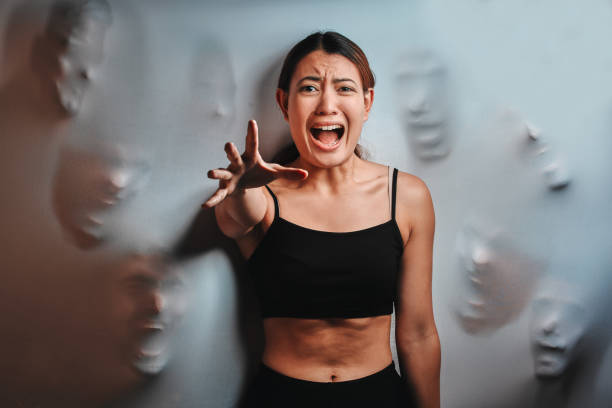Paranoid personality disorder (PPD), also known as paranoia, is a mental condition characterised by long-term suspicion and distrust for other people without a good reason to be suspicious of them.
People with this mental health disorder have a strong belief that others are trying to harm, demean or threaten them. However, they also think they are doing the right thing and can’t see anything wrong with their behaviour and thought patterns.
Causes
Medical professionals have yet to ascertain the exact cause of paranoia, but it can involve biological and environmental factors. Some research has found that people who experience childhood trauma from physical, emotional and supervision neglect are more likely to develop PPD in adulthood or during their teenage years.
Scientists also think that there is a slight connection between schizotypal personality disorder, schizophrenia and PPD. Some other possible causes of PPD include sleep deprivation, stress, intense alcohol abuse, traumatic events and the use of hard drugs.
Symptoms of Paranoia
The symptoms of PPD include:
- Believing you are always right.
- Being hostile, defensive, and aggressive.
- Not being able to trust or confide in other people.
- Have trouble relaxing or letting your guard down.
- Being easily offended.
- Not being able to compromise, accept criticism or forgive.
- Reading hidden meanings into people’s normal behaviours.
Treatment
A mental health professional is the best person to consult for this condition, but before you do that, there are some things you can do to help yourself. If you think your thoughts aren’t healthy and reasonable, you can start by getting enough sleep, eating a healthy diet and exercising regularly. These will help keep your PPD at bay by maintaining mental balance. Then you can also stop worrying about what isn’t real and talk to your friends and family about it.
For proper medical treatment, you should see a therapist, psychologist or psychiatrist; the treatment usually involves therapy and sometimes medication.
Often, people who have paranoia do not realise that they have it, so if you notice anyone close to you with those symptoms, get professional help for them.



